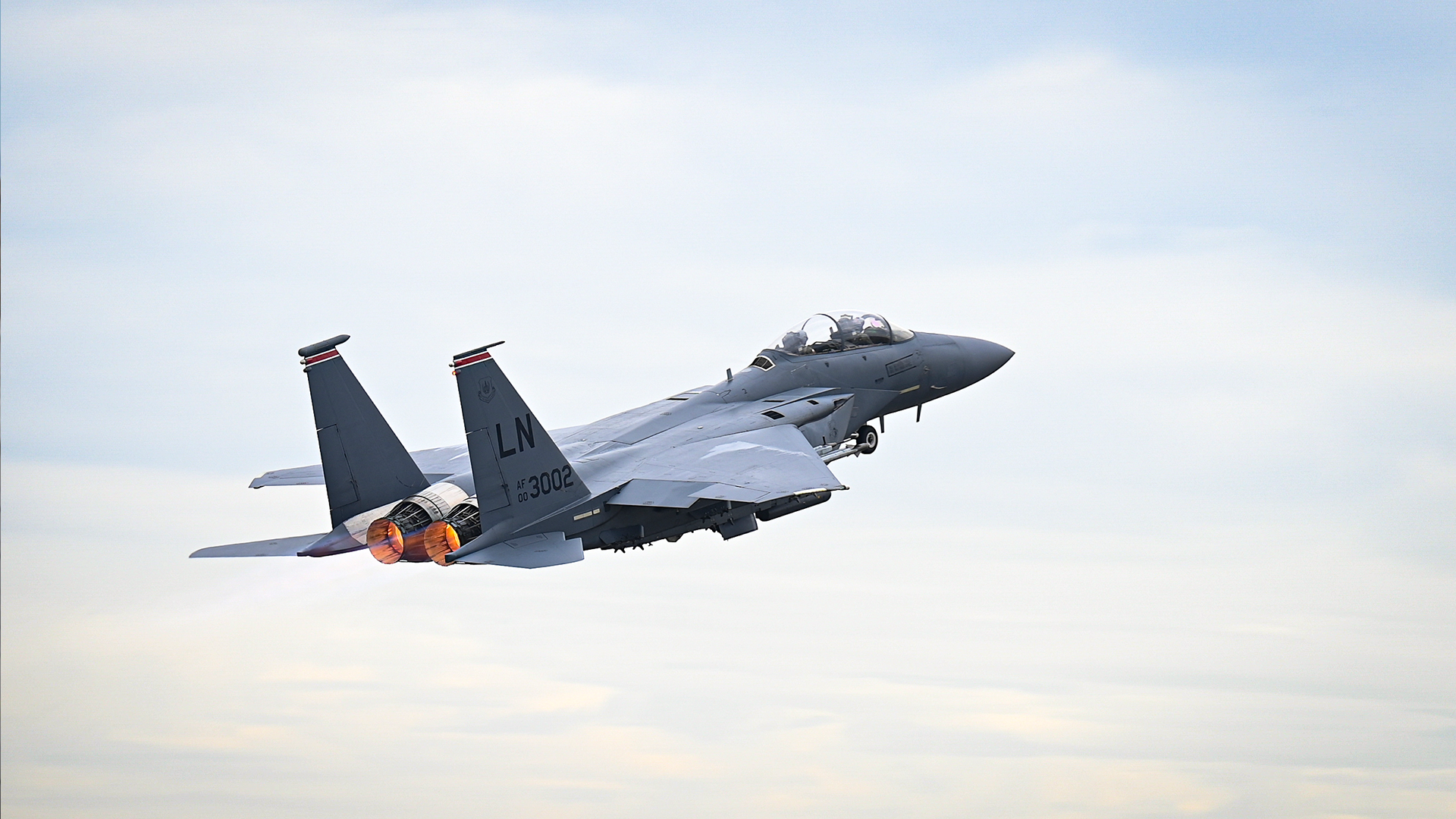
USAF aircrews now allowed to keep on flying while seeking help with mental health

The US Air Force has changed its mental health policies and will allow aircrew struggling with mental health issues to receive 60 days of treatment before their flight status is retracted.
The step is a major change in lowering barriers within the service, with flight crews previously being grounded for a significant amount of time while they were assessed and treated.
This period also came with mandatory stabilisation periods before personnel could put forward a waiver to return to duty.
The policy change was introduced as Air Mobility Command looks to eliminate the stigma surrounding mental health, as well as lowering barriers and increasing access to support.
This has seen a Warrior Mental Health working group being formed, which focuses on establishing pathways to care and reviewing mental health policy.
Major Jane Marlow, a C-130 Hercules pilot and Warrior Mental Health working group lead, said the changes in policy were motivated by personal experience.
"Like so many of my peers, I delayed seeking care until I was in a non-flying assignment because I knew that as a pilot the moment I picked up the phone to schedule that appointment I would be grounded for an indefinite period," she said.
"The trauma care I went through was life-changing.
"I knew that I was, without a doubt, a safer pilot, a better leader and a stronger wingman because of the care I received – yet I was still required to spend months in a non-flying status because of my diagnosis."
But thanks to Maj Marlow, her cohort and medical experts, that has now changed.
Now there is no longer any stabilisation timeline, and a waiver can be submitted for someone seeking mental health treatment to return to the air without a period of waiting.
General Mike Minihan, the commander of Air Mobility Command, said in an address to command teams during the Spring 2024 Phoenix Rally that if anyone in the audience wanted to look at pilot with PTSD, they were "looking at one right now".
"This policy affects me. And if it affects me, it affects someone in your unit - they have it, haven't sought help for it and suffering in silence," he said.
"It is incredibly powerful work by this team to lower the barriers to mental health care for our Warrior Airmen."
The working group included over 50 aircrew members, 12 aviation psychologists, a pilot physician, flight surgeons across the Joint Force and a specialised doctor from Nasa.
Two of the key contributors were Lieutenant Colonel Sandra Salzman, a C-130J pilot, and Lieutenant Colonel Carrie Lucas, a behavioural health branch chief.
Despite being warned it could take between five and 10 years to change the policy, they achieved it in just one year.
Lt Col Lucas said: "From a mental health perspective, this precedent-setting policy change is exactly what we need and is in line with General Minihan's charge to reduce stigma and allow for Airmen to seek help when needed."
As a pilot-physician, Lt Col Salzman said she had the unique position of proposing changes as a subject matter expert.
"In this capacity, I presented new considerations based on mental health medical research and operational truths," she explained.









